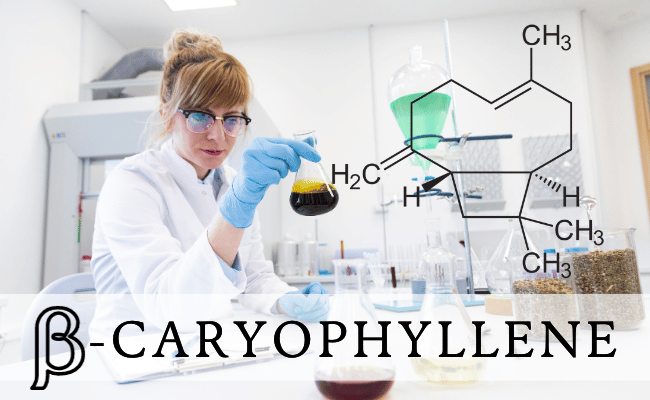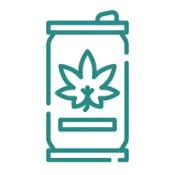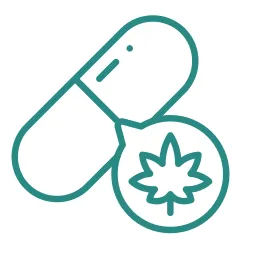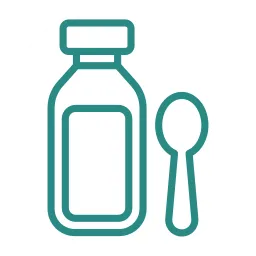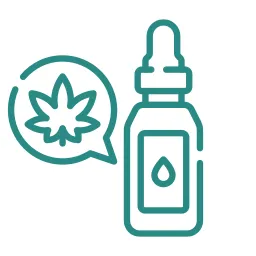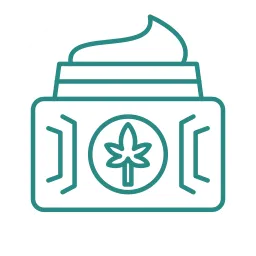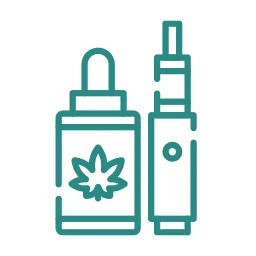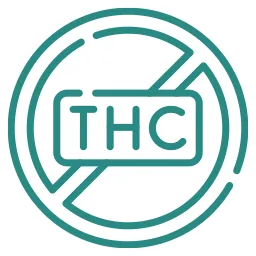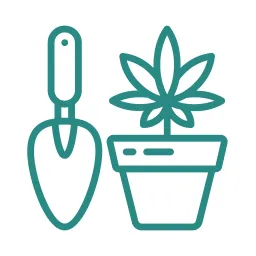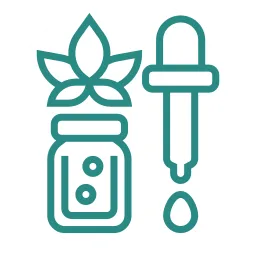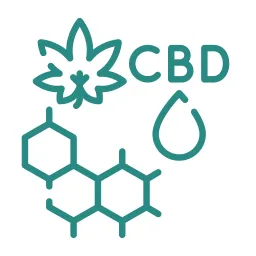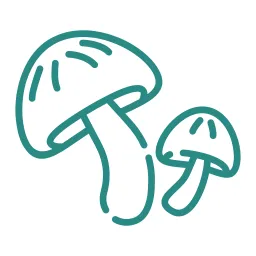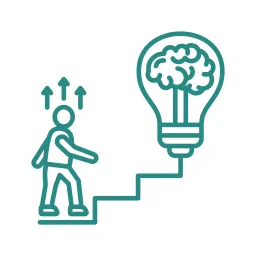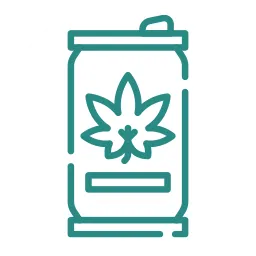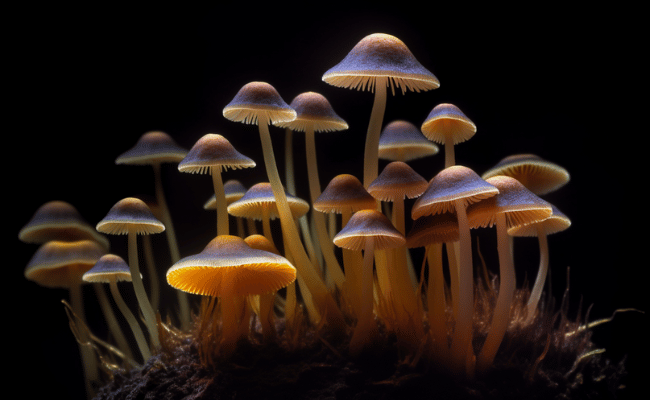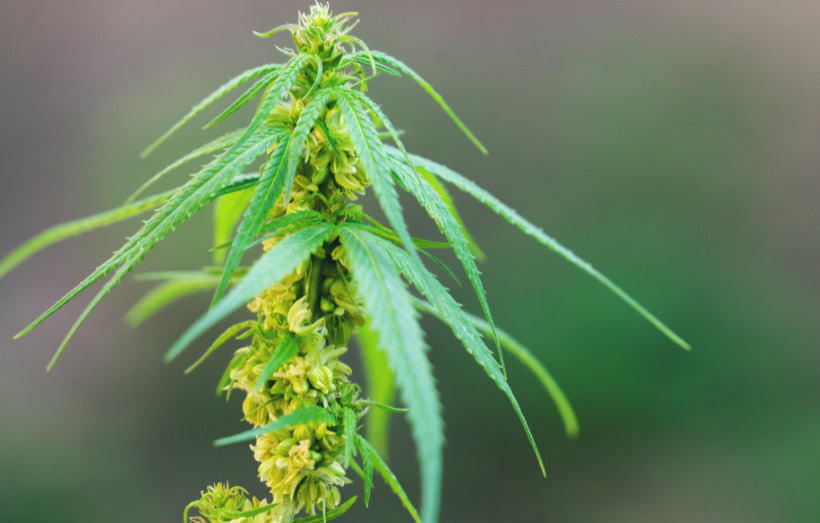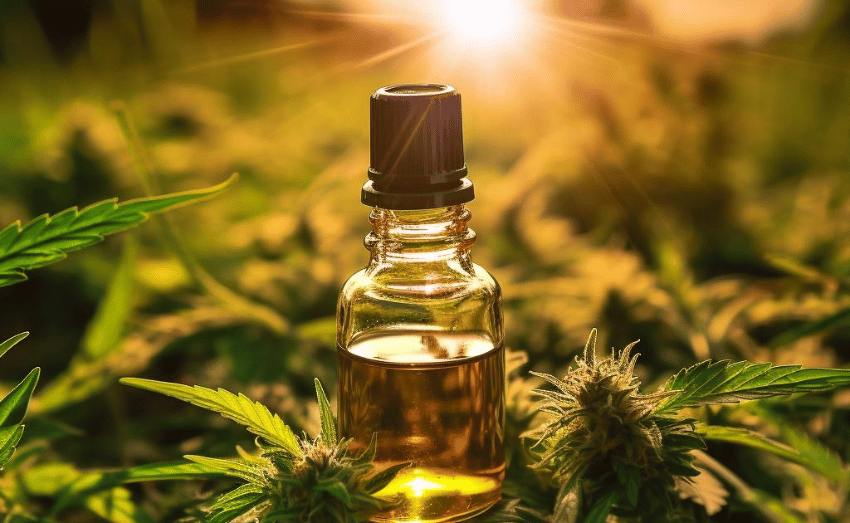Magic mushrooms, colloquially known as “shrooms,” have been used for their psychoactive properties for centuries. But as their popularity grows and research into their potential benefits expands, many wonder about the interactions they may have with other drugs. In this beginner’s guide, we delve into the possible interactions between shrooms and other substances.
What are ‘shrooms’?
“Shrooms” is a colloquial term for magic mushrooms, a group of fungi that contain naturally occurring psychoactive compounds. The primary active ingredients in these mushrooms are psilocybin and psilocin, both of which are known for their hallucinogenic properties. When ingested, these compounds can profoundly alter one’s perception, mood, and cognitive processes.
Here’s a more detailed breakdown:
1. Psilocybin and Psilocin:
These two compounds are closely related. When someone ingests psilocybin, the body metabolizes it into psilocin, which is the compound primarily responsible for the psychoactive effects. Both compounds affect the brain by binding to serotonin receptors, which can lead to altered and unusual perceptions.
2. Effects:
When consumed, magic mushrooms can induce a range of effects that vary depending on the dose, individual’s mindset, and environment. Common effects include feelings of euphoria, visual and auditory hallucinations, and a distorted sense of time. Users might also experience emotional shifts, ranging from introspection and a heightened sense of connection to intense anxiety and paranoia.
3. Uses:
Historically, indigenous communities in different parts of the world have used magic mushrooms for ritualistic and spiritual purposes. Nowadays, there’s a growing interest in the potential therapeutic uses of psilocybin for mental health conditions like depression and PTSD. However, it’s essential to note that while there’s promising research, the use of psilocybin for these purposes is still experimental and not yet approved by regulatory bodies like the FDA.
4. Risks:
Magic mushrooms are not without risks. The effects can be unpredictable and might lead to dangerous situations if the user is not in a safe and supportive environment. There’s also the risk of “bad trips,” which are distressing psychedelic experiences that can lead to panic, confusion, and risky behavior. Additionally, while magic mushrooms are not considered physically addictive, they can be psychologically habit-forming, and frequent use might lead to tolerance.
5. Legality:
The legal status of magic mushrooms varies worldwide. In many countries, including the United States, they are classified as controlled substances, making their possession, sale, and use illegal. However, there are some exceptions, and a few cities and countries have decriminalized or legalized their use.
Magic mushrooms can induce a wide range of effects, both positive and negative. They have a long history of use for spiritual and ritualistic purposes, and current research is exploring their potential therapeutic benefits. However, they come with risks, and their legal status varies across the globe.
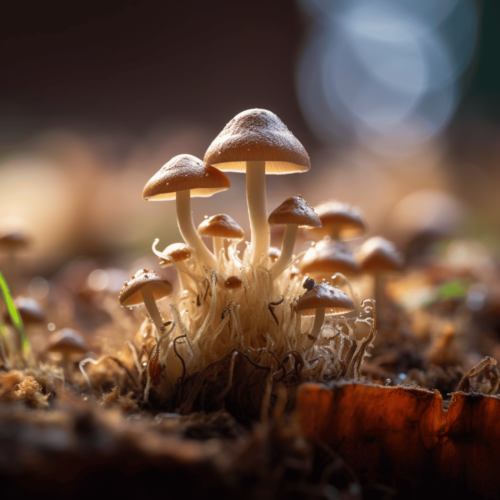
Why is it essential to understand drug interactions with shrooms?
Just like any substance, shrooms can interact with other drugs, leading to unexpected and potentially dangerous effects. Knowing these interactions can help ensure safety.
Common Drugs That Might Interact with Shrooms:
- Alcohol: Combining alcohol with shrooms can intensify the hallucinogenic effects and might lead to nausea or increased confusion.
- Marijuana: Some users report enhanced visuals and a more intense experience, but it can also lead to increased paranoia.
- Antidepressants: These can diminish the effects of shrooms or, in some cases, lead to serotonin syndrome—a potentially life-threatening condition.
- Stimulants (like cocaine or amphetamines): Mixing stimulants with shrooms can increase heart rate and anxiety.
Uplifters: If taken with other drugs that also affect serotonin (like certain antidepressants), there’s a risk of “serotonin syndrome.” This is a potentially dangerous condition that can cause rapid heart rate, high blood pressure, and even hallucinations.
Downers: On the other hand, if you mix shrooms with depressants (like alcohol), the effects might be unpredictable. Some report intensified effects of both substances, while others feel one counteracts the other.
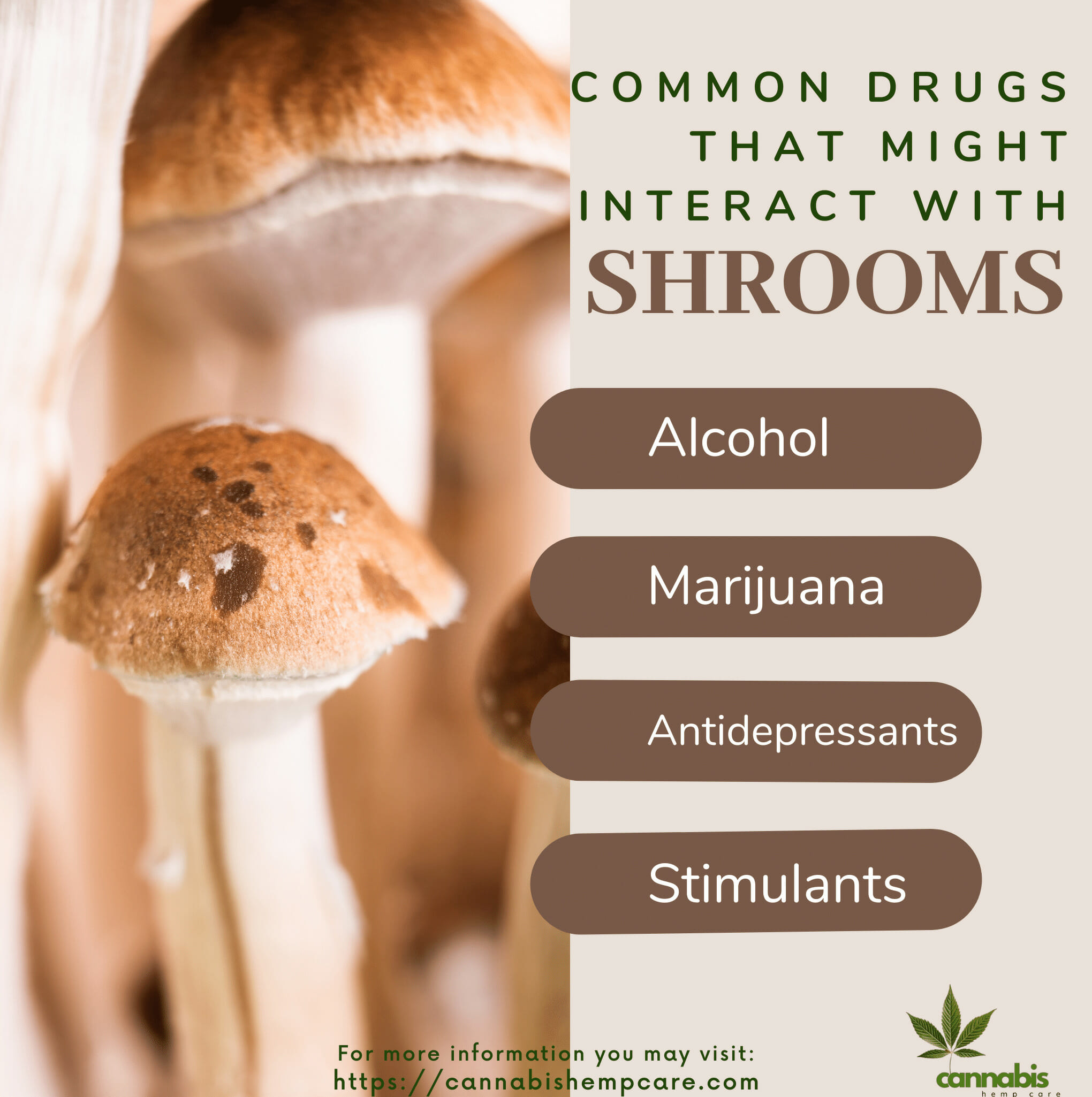
The Medical Potential of Psilocybin Mushrooms
As the popularity and intrigue surrounding magic mushrooms grow, so does scientific interest in their potential therapeutic applications. Let’s take a brief look at what the latest research suggests.
Can shrooms be used for mental health?
Research has started to illuminate the potential of psilocybin, the primary psychoactive component in magic mushrooms, as a treatment for several mental health disorders:
- Depression: Some studies suggest that psilocybin can help alleviate symptoms of depression, even in cases resistant to conventional treatments.
- Anxiety: Preliminary research indicates potential benefits in reducing anxiety, especially in patients with terminal diseases.
- Addiction: Psilocybin has shown promise in helping individuals break free from cycles of addiction, including alcoholism and tobacco use.
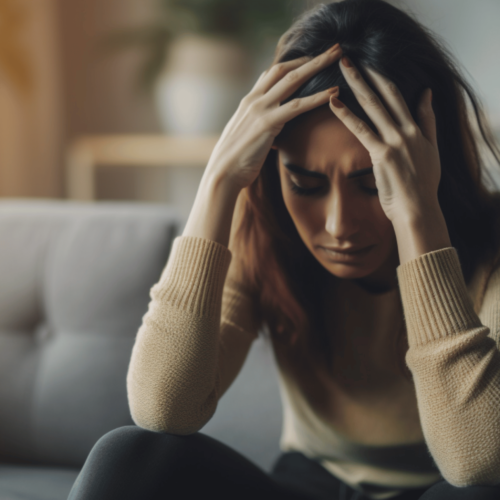
How does psilocybin work in the brain?
The exact mechanisms remain under investigation, but researchers believe psilocybin works by stimulating serotonin receptors in the brain, potentially ‘resetting’ certain neural pathways.
A word of caution:
While the findings are promising, Dr. Jane Smith, a renowned neuropsychologist, emphasizes, “While we see potential with psilocybin in medical settings, self-medicating, especially without guidance or in combination with other drugs, can be unpredictable and dangerous.”
Dr. John Doe, a leading psychopharmacologist, states, “Mixing drugs, especially without a clear understanding of their interactions, can be dangerous. Always consult with a healthcare professional before combining substances.”
Safety First: Tips for Those Considering Shrooms
- Do Your Research: Before consuming shrooms, especially with other substances, make sure you’re well-informed.
- Start Small: If you’re new to shrooms, start with a small dose to understand its effects on your body.
- Set & Setting: Ensure you’re in a safe environment with trusted individuals if you decide to experiment.
- Consult Professionals: If unsure, always consult with a healthcare professional or counselor knowledgeable about psychedelics.
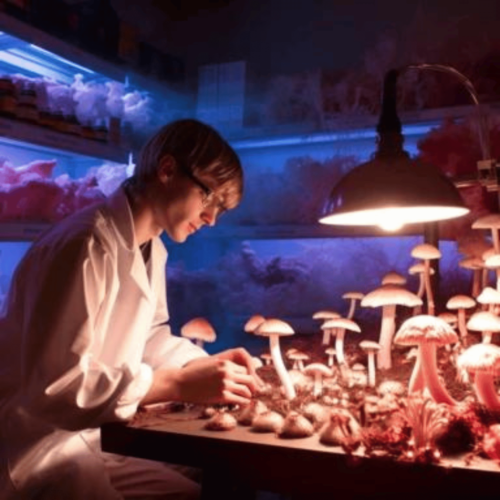
Conclusion
Understanding the potential interactions of shrooms with other drugs is essential for anyone considering their use. It’s always better to be safe and informed rather than risk unforeseen consequences. Remember, while shrooms have potential benefits, they also come with risks—especially when mixed with other substances. Stay informed and stay safe!
FAQs
What’s the safest way to experience shrooms?
If someone chooses to consume shrooms, it’s recommended to do so in a safe, familiar environment, preferably with a sober person present. Avoid mixing with other substances to minimize potential risks.
Can mixing shrooms with tobacco cause adverse effects?
While there isn’t a directly harmful interaction between tobacco and shrooms, nicotine can increase heart rate and anxiety, potentially intensifying some of the mushroom’s effects.
Can shrooms impact the effectiveness of birth control?
There’s no evidence to suggest that shrooms interfere with the efficacy of birth control. However, it’s essential to note that being under the influence might impact decision-making, so always take precautions.
Is it dangerous to mix shrooms with sedatives or opioids?
Combining shrooms with sedatives or opioids can suppress respiratory functions and might lead to increased drowsiness, confusion, or more severe health risks. It’s advisable to avoid this combination.
How do shrooms interact with caffeine?
Some users report that caffeine can amplify the alertness or anxiety experienced with shrooms. While not inherently dangerous, it’s best to be cautious and know your tolerance levels for both substances.

